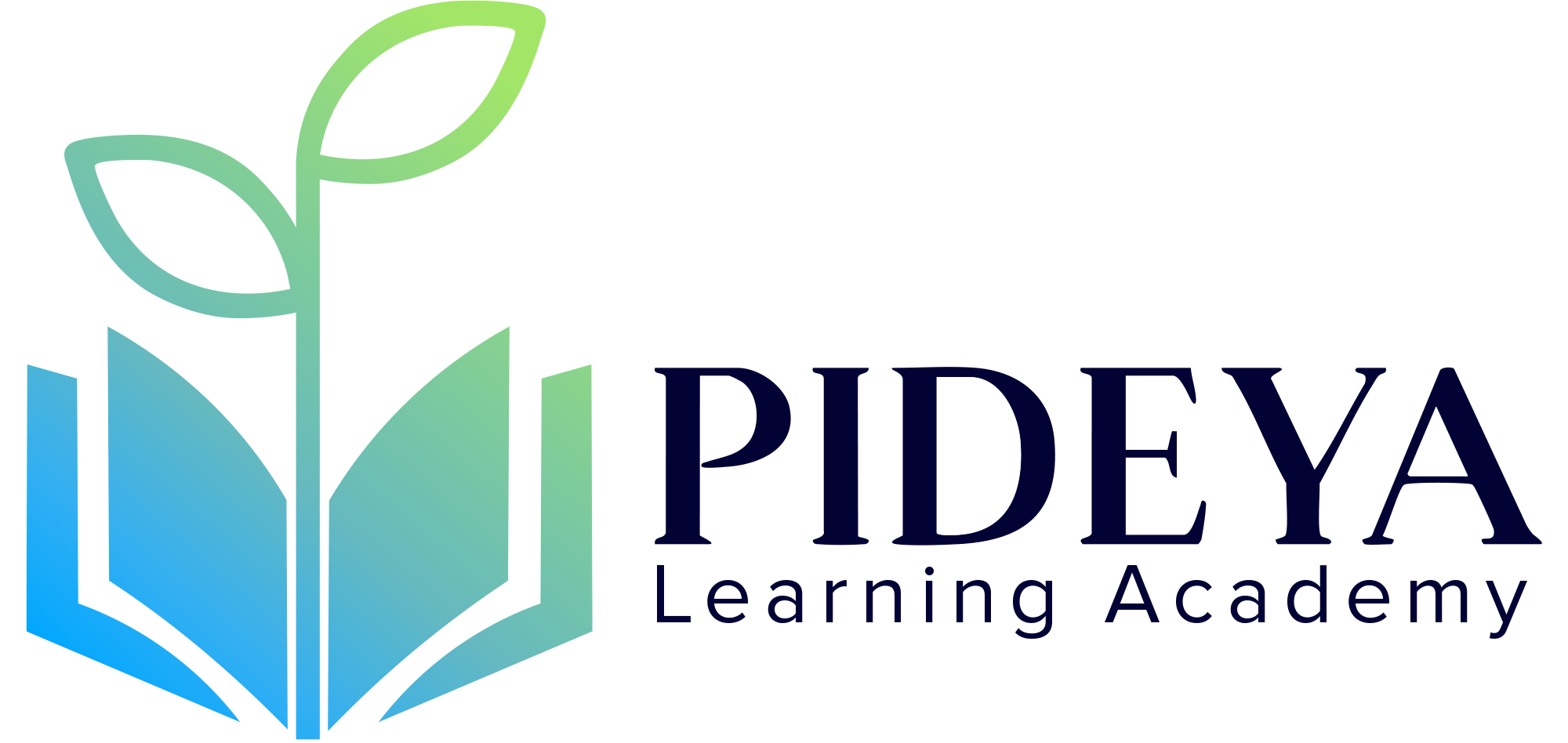In an era where global infrastructure needs continue to outpace public sector capacity, Public-Private Partnerships (PPPs) have emerged as a transformative solution. From transportation networks and urban utilities to ports and healthcare systems, governments are increasingly leveraging PPP models to meet growing infrastructure demands while managing fiscal constraints. But what exactly makes PPPs a game-changer in infrastructure development?
The Evolving Landscape of PPPs
Public-Private Partnerships involve long-term collaboration between public entities and private companies to finance, build, and operate projects that serve the public interest. Unlike traditional procurement, PPPs distribute project risks, rewards, and responsibilities across sectors, resulting in increased efficiency, innovation, and budgetary relief for governments.
According to the World Bank, infrastructure investment needs in developing countries will require more than $1.5 trillion annually through 2030. With constrained public budgets, PPPs can bridge this gap by tapping into private capital and operational expertise.
Why Governments Are Embracing PPPs
- Access to private finance and innovation
- Faster project delivery and lifecycle management
- Reduced upfront public investment
- Performance-based contracts encouraging accountability
These benefits have led to a surge in PPP adoption, particularly in sectors like transport, energy, and ports, where demand is consistently high and the operational complexity is better handled through private-sector agility.
Key Areas of Growth in PPP Implementation
1. Transport & Roads
The rise of PPP in Road Sector Development is helping governments construct highways, expressways, and urban transit corridors with efficient toll collection, maintenance standards, and smart mobility features.
👉 Explore our PPP in Road Sector Development course for insights into successful transport-based PPP models.
2. Port Infrastructure
Port authorities globally are adopting PPP models to upgrade cargo handling, automate terminals, and expand maritime logistics hubs.
👉 Our Monitoring and Regulation of Public-Private Partnerships (PPPs) in Ports course covers port-specific PPP strategies and regulatory tools.
3. Economic Frameworks & Contracts
A strong grasp of PPP economics, legal frameworks, and financial modeling is crucial to attracting private investors and ensuring balanced risk-sharing.
👉 Enroll in the PPP Economics, Contracts, and Financing Program to master these aspects.
Challenges and Considerations
Despite their advantages, PPPs aren’t a one-size-fits-all solution. Common challenges include:
- Regulatory ambiguity and inconsistent policies
- Lengthy procurement cycles
- Inadequate risk assessment
- Limited institutional capacity
Addressing these issues requires governments and project developers to understand PPP Model Development and Program Strategies, align projects with regulatory standards, and build robust public sector capabilities.
👉 Dive deeper with our PPP Model Development and Program Strategies course.
The Future of PPPs: Sustainable and Inclusive Growth
As climate resilience and digital transformation take center stage, PPPs are evolving to support green infrastructure, smart cities, and inclusive public services. Blended financing, impact investing, and value-for-money analyses will become critical tools in the next wave of PPP development.
Institutions and professionals must now gear up to adopt Comprehensive PPP Financing and Project Development approaches to create bankable, sustainable projects.
👉 Learn more through our Comprehensive PPP Financing and Project Development training.
Final Thoughts
Public-Private Partnerships offer a promising pathway to unlock infrastructure potential, reduce fiscal pressure, and deliver quality public services. Whether you’re a policymaker, consultant, or project manager, building the right knowledge foundation is essential to navigate the complexities of PPPs.
At [Your Training Institute Name], we offer a suite of specialized courses under the Public-Private Partnerships (PPP) category tailored to empower professionals at every stage of their PPP journey.
👉 View all courses in our Public-Private Partnerships (PPP) training catalog.
